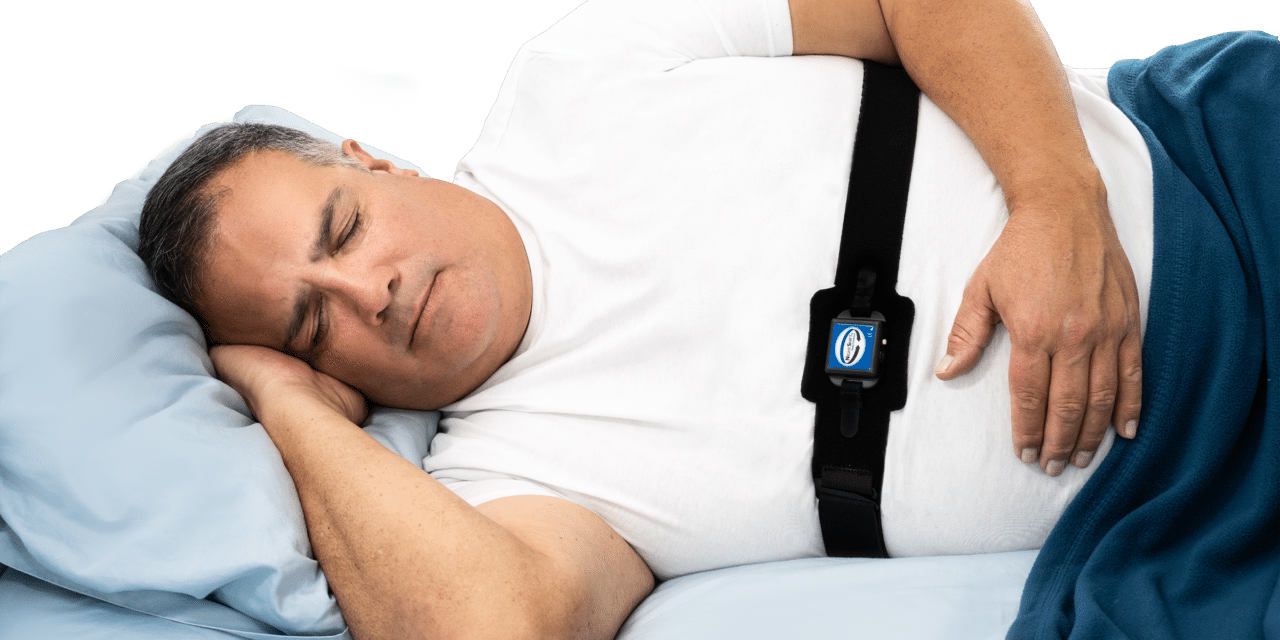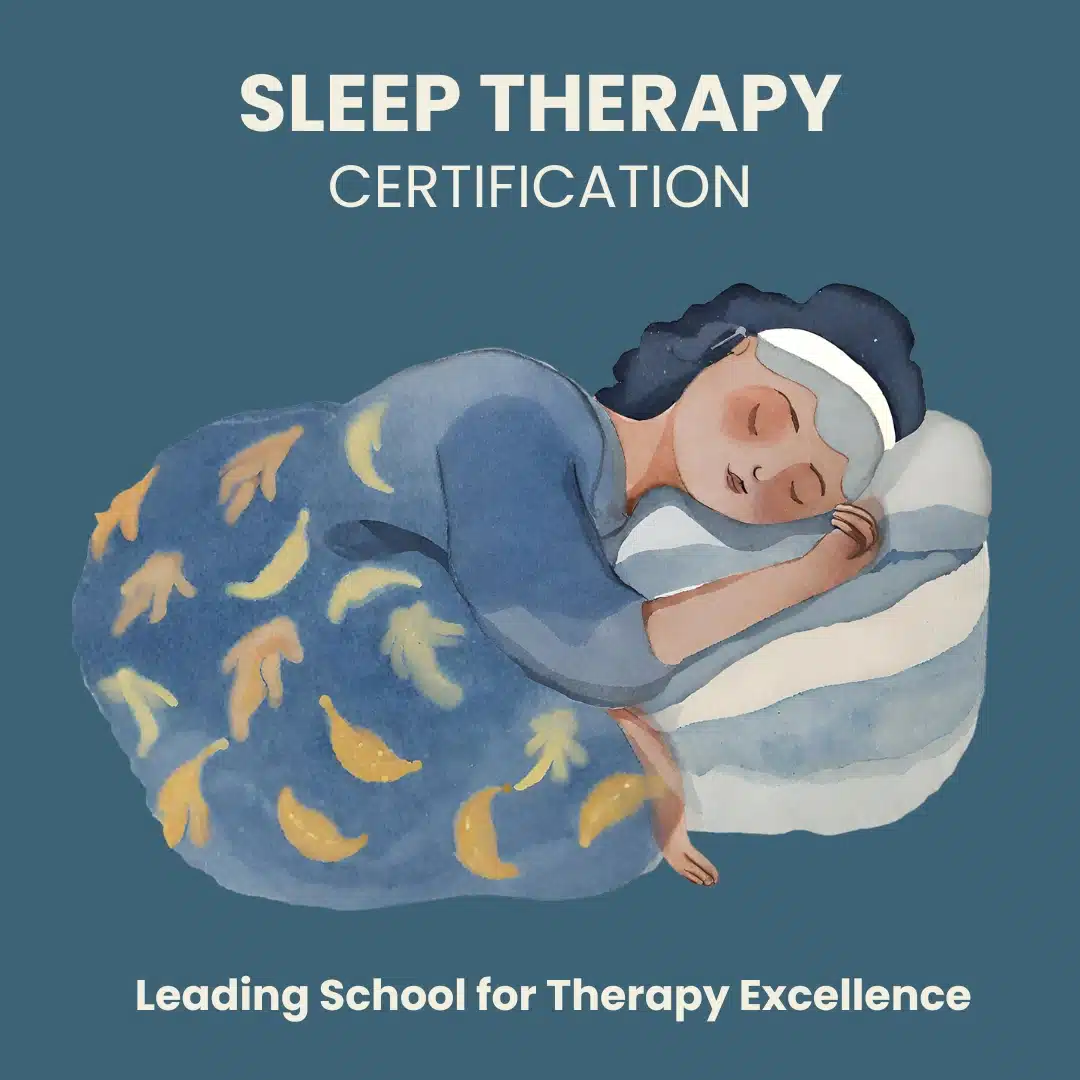Sleep Deprivation Help - Overcome Fatigue and Improve Health And Wellness
Wiki Article
Effective Therapy Solutions for Handling Rest Disorders and Enhancing Restful Rest
In the realm of health care, the management of rest problems and the quest for restful sleep are critical elements of overall health. Reliable treatment remedies supply a complex method to tackle these obstacles, ranging from cognitive behavior interventions to holistic practices that promote relaxation and mindfulness. The expedition of different methods, consisting of the combination of medication and light treatment, opens a world of opportunities in the search of better rest quality. As we navigate the intricate landscape of rest problems and look for to enhance our rest experience, a much deeper understanding of these therapy remedies may hold the key to opening a more refreshing and fulfilling corrective trip.Cognitive Behavior Treatment for Sleep Problems (CBT-I)
Cognitive Behavioral Therapy for Sleep Problems (CBT-I) is an organized, evidence-based therapy approach that concentrates on attending to the hidden variables contributing to rest disturbances. This kind of treatment aims to change behaviors and ideas that worsen sleep problems, ultimately promoting healthy and balanced rest patterns. CBT-I normally entails several key elements, including cognitive therapy, sleep constraint, stimulus control, and rest health education.Cognitive treatment aids individuals identify and alter unfavorable idea patterns and beliefs concerning sleep that may be impeding their capacity to fall or remain asleep. Rest constraint entails limiting the quantity of time spent in bed to match the person's actual rest duration, thus boosting rest performance (natural insomnia remedies). Stimulus control strategies aid develop a solid association between the bed and rest by motivating individuals to head to bed just when drowsy and to stay clear of involving in stimulating tasks in bed
In addition, rest health education and learning focuses on creating healthy and balanced rest practices, such as maintaining a constant sleep schedule, producing a relaxing going to bed regimen, and maximizing the sleep atmosphere. By dealing with these elements adequately, CBT-I uses an efficient non-pharmacological intervention for managing sleep problems and boosting total sleep high quality.
Sleep Health Practices
Having established the foundation of cognitive restructuring and behavioral modifications in resolving sleeping disorders through Cognitive Behavior modification for Sleep Problems (CBT-I), the emphasis now changes towards checking out important Rest Hygiene Practices for keeping ideal sleep quality and general health.Rest health practices incorporate a variety of habits and environmental variables that can considerably impact one's ability to drop asleep and remain asleep throughout the evening. Constant sleep and wake times, producing a relaxing going to bed regimen, and enhancing the sleep atmosphere by maintaining it dark, peaceful, and cool are important components of good sleep hygiene. Limiting exposure to screens prior to bedtime, staying clear of energizers like high levels of caffeine close to bedtime, and participating in normal exercise during the day can likewise advertise far better rest quality.
In addition, exercising leisure strategies such as deep breathing workouts or meditation prior to bed can help soothe the mind and prepare the body for sleep. By incorporating these sleep hygiene methods into one's day-to-day routine, individuals can establish a healthy sleep pattern that sustains relaxed sleep and general well-being.
Relaxation Strategies and Mindfulness
Executing leisure techniques and mindfulness practices can play an essential duty in promoting a sense of calm and promoting quality rest. sleep deprivation help. These techniques aim to peaceful the mind, minimize tension, and produce an ideal atmosphere for restful rest. One widely exercised method is deep breathing exercises, where people focus on slow, deep breaths to unwind the mind and body. Progressive muscle mass leisure includes tensing and after that releasing each muscle team, advertising physical relaxation. Additionally, directed imagery can assist transport individuals to a relaxed location in their minds, aiding in anxiety decrease and improving sleep high quality.Mindfulness methods, such as reflection and yoga, are additionally effective in promoting leisure and enhancing rest. Mindfulness motivates people to stay existing in the minute, letting go of bother with the past or future. By including these practices right into a bedtime regimen, individuals can indicate to their bodies that it is time to unwind and prepare for sleep. On the whole, incorporating leisure methods and mindfulness practices can significantly contribute to managing rest problems and boosting total rest top quality.

Medication Options for Sleep Disorders
After checking out relaxation techniques and mindfulness practices as non-pharmacological interventions for boosting sleep top quality, it is essential to consider medication choices for individuals with rest conditions. In instances where way of living adjustments and therapy do not provide enough alleviation, medicine can be a useful tool in taking care of sleep disruptions.
Typically recommended drugs for sleep conditions consist of benzodiazepines, non-benzodiazepine hypnotics, antidepressants, and melatonin receptor agonists. Benzodiazepines, such as diazepam, are sedatives that can assist cause rest, yet they are normally suggested for short-term usage because of the risk of dependancy. Non-benzodiazepine hypnotics like zolpidem are also used to treat sleeplessness and have a lower danger of dependancy compared to benzodiazepines. Antidepressants, such as trazodone, can be beneficial for individuals with co-occurring anxiety and rest disturbances. Melatonin receptor agonists, like ramelteon, target the body's natural sleep-wake cycle and can be practical for regulating sleep patterns. cognitive behavioral therapy for insomnia (CBT-I)
It is important for individuals to seek advice from a health care company to identify the most ideal medicine option based upon their specific sleep condition and clinical history.
Light Therapy for Body Clock Law
Light therapy, also referred to as photo-therapy, is a non-invasive treatment technique used to manage circadian rhythms and improve sleep-wake cycles. This treatment involves direct exposure to intense light that imitates natural sunshine, which helps to reset the body's body clock. By exposing people to particular wavelengths of light, typically in the morning or night depending upon the desired impact, light treatment can efficiently change the body clock to advertise wakefulness throughout the day and boost relaxing sleep in the evening.Research has revealed that light therapy can be especially useful for individuals with circadian rhythm disorders, such as delayed rest phase disorder or jet lag. It can additionally be practical for those experiencing seasonal affective disorder (SAD), a sort of anxiety that typically happens during the cold weather when all-natural light exposure is reduced. Light therapy is normally well-tolerated and can be utilized along with various other therapy approaches for sleep problems to optimize end results and boost general rest quality.
Verdict
Finally, effective therapy remedies for handling sleep conditions and improving peaceful sleep consist of Cognitive Behavior modification for Insomnia (CBT-I), rest hygiene methods, leisure methods and mindfulness, drug options, and light therapy for body clock guideline. These strategies can assist individuals enhance their rest quality and total well-being. It is essential to consult with a healthcare carrier to figure out the most appropriate strategy for dealing with sleep problems.
As we navigate the detailed landscape of rest problems and seek to boost our rest experience, a much deeper understanding of these treatment services might hold the trick to opening a more relaxing and satisfying restorative trip.
Rest limitation includes restricting the amount of time invested in bed to match the person's real sleep duration, thus increasing sleep effectiveness. Constant rest and wake times, developing a relaxing going to bed regimen, and optimizing the sleep atmosphere by keeping it dark, silent, and cool are crucial elements of great sleep health. Light therapy is normally well-tolerated and can be made use of in combination with other treatment methods for sleep problems to optimize end results and boost general sleep top quality.

Report this wiki page